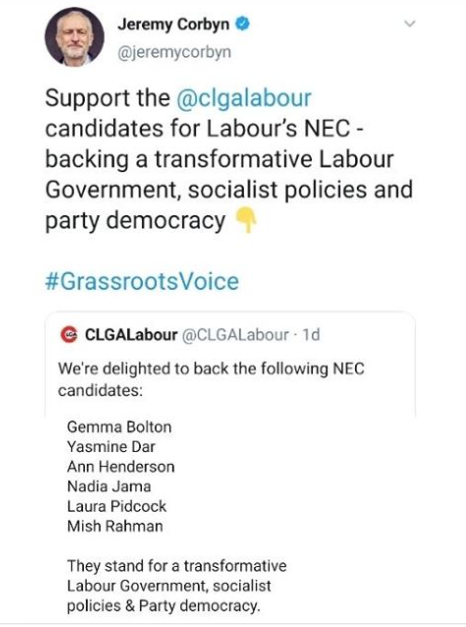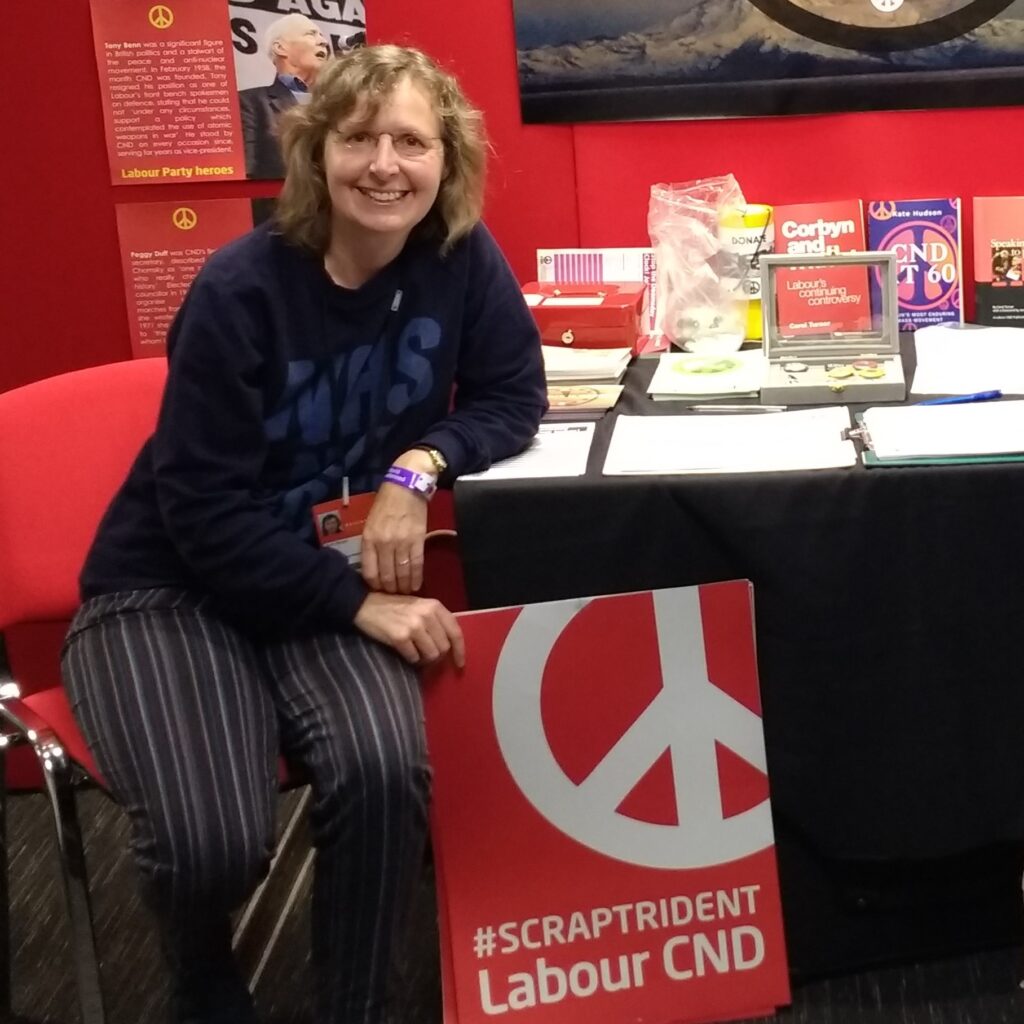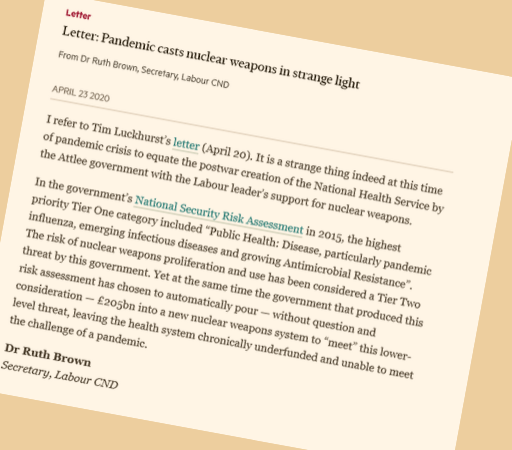Respond to Labour’s International Policy Review
Labour CND has responded to the Labour Party policy consultation with 5 submissions in answer to each of the questions posed in International Policy Commission document, Championing internationalism in the post-coronavirus world. The IPC consultation covers foreign, development and defence policies, as well as broader issues such as Labour values and concepts of internationalism. LabCND urges you to access our submissions, sign in or register, and support them with a brief comment and a vote, and please consider making a submission of your own too.
You can read a summary of our submissions, posted by our secretary Ruth Brown, on the Labour Policy Forum website below. Then click on the question numbers to go straight to the website and add your own comments and vote to support them.
Q1: Labour’s internationalist values should include a war powers act
There’s great stress on Labour values without specifying what they are – a feel-good approach that fails to acknowledge differences. The most basic human right is the right to life. Labour’s 2019 manifesto promised a war powers act ‘so that no prime minister can bypass parliament’. Keir Starmer reaffirmed this promise. Putting flesh on the bones of Labour’s post-Covid internationalism, starts with reaffirming our commitment to the primacy of peace and justice, and the introduction of a war powers act.
Q2: UK defence policy: realism vs illusion
Real security is human security. The UK National Security Risk Assessment has highlighted their chief risks facing the UK, including health pandemics and ecological disasters as well as terrorism and cyber-attacks. Trident does not protect Britain from the actual threats we face. The participation of defence contractors in the Ventilator Challenge Consortium shows the practicality of a just transition from nuclear weapon production to socially useful, sustainable alternatives. Let’s have a Shadow Defence Diversification Agency now in line with TUC policy.
Q3: International development values and strategy
Labour should re-assert the international development values expressed in our 2019 manifesto. Announcing his decision to merge the Department for International Development with the Foreign an Commonwealth Office, Boris Johnson said DiFD’s goals ‘will be wholly integrated with UK foreign policy and described the merger as ‘an opportunity to get value for the huge investments we make in overseas spending’. Labour should make the case for the retention of DFID with a standalone aid budget of at least 0.7% of gross national income, and commit an incoming Labour government to re-establishing an independent aid-giving department.
Q4: International priorities and global leadership
Global leadership takes many forms. Remembering Britain’s colonial legacy, we must be cautious about assuming that British leadership is what’s needed. The UK’s positive contributions to emergency and international aid, and to diplomacy are recognised by the UN and others. Labour should support the UN Treaty on the Prohibition of Nuclear Weapons and push for progress on the nuclear Non-Proliferation Treaty. It’s time to break with bipartisanship and strive for an independent, non-aligned foreign policy based on the primacy of peace.
Q5: Weaknesses in national security
Real security is that which makes our citizens safe. As criticisms of the Tories handling of the Covid19 crisis demonstrate, state security back up by military force does not always coincide with human security.Real security is not about national status that Trident supporters believe comes from Britain possessing nuclear weapons. Labour should commit to scrapping Trident replacement at the earliest opportunity and be prepared to dismantle the existing system when in government, starting with an end to at-sea patrols.
ACCESS MATERIALS HERE
To download a copy of Labour IPC document, the LabourCND submissions, or our quick guide to the IPC site, click on the links below:
Championing internationalism in the post-coronavirus world here
Labour’s internationalist values should include a war powers act here
UK defence policy: realism vs illusion here
International development values and strategy here
International priorities and global leadership here
Weaknesses in national security here
NPF: the basics here







